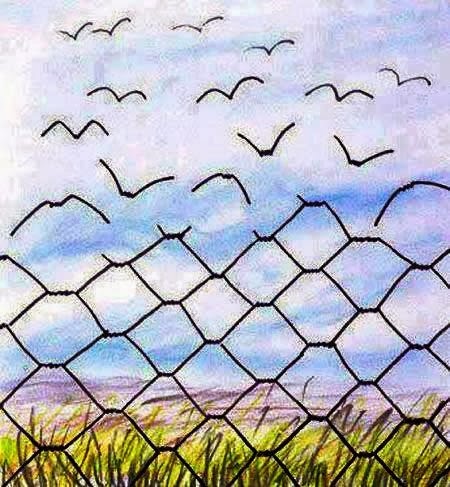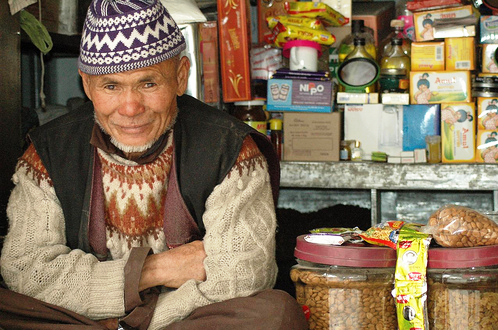Who is the culprit?
“Each of us is guilty before everyone for everyone, and I more than the others,” writes Dostoevsky in The Brothers Karamazov . This statement expresses the quintessence of traditional ethics as developed by mystics and in modern times by Dostovesky and Levinas. Sufi ethics is an elaboration of this theme. This great idea of answerability or responsibility is a response to Ivan, the famous character in the same novel who says: “If there is no God, all is permitted.” In Kashmir we behave as if there is no God and all is permitted and none is guilty. Let us analyze the question of responsibility in the particular case of scenario of water bodies in Kashmir. Our water bodies are fast becoming history. Most of the springs are gone. The Dal is politicized to death. Anchaar story is getting repeated in the Wular as it is dying a silent spectacular death. Glaciers are melting. Pure water in streams or rivers is becoming a fiction. We have to pay for water bottle and business of water pu...



